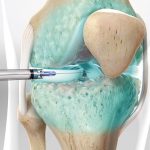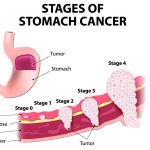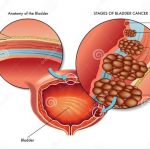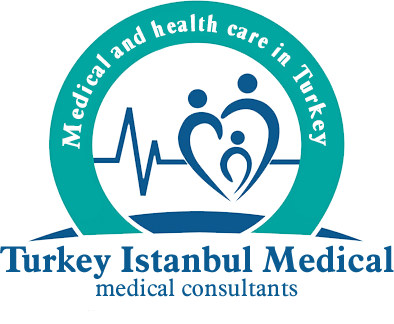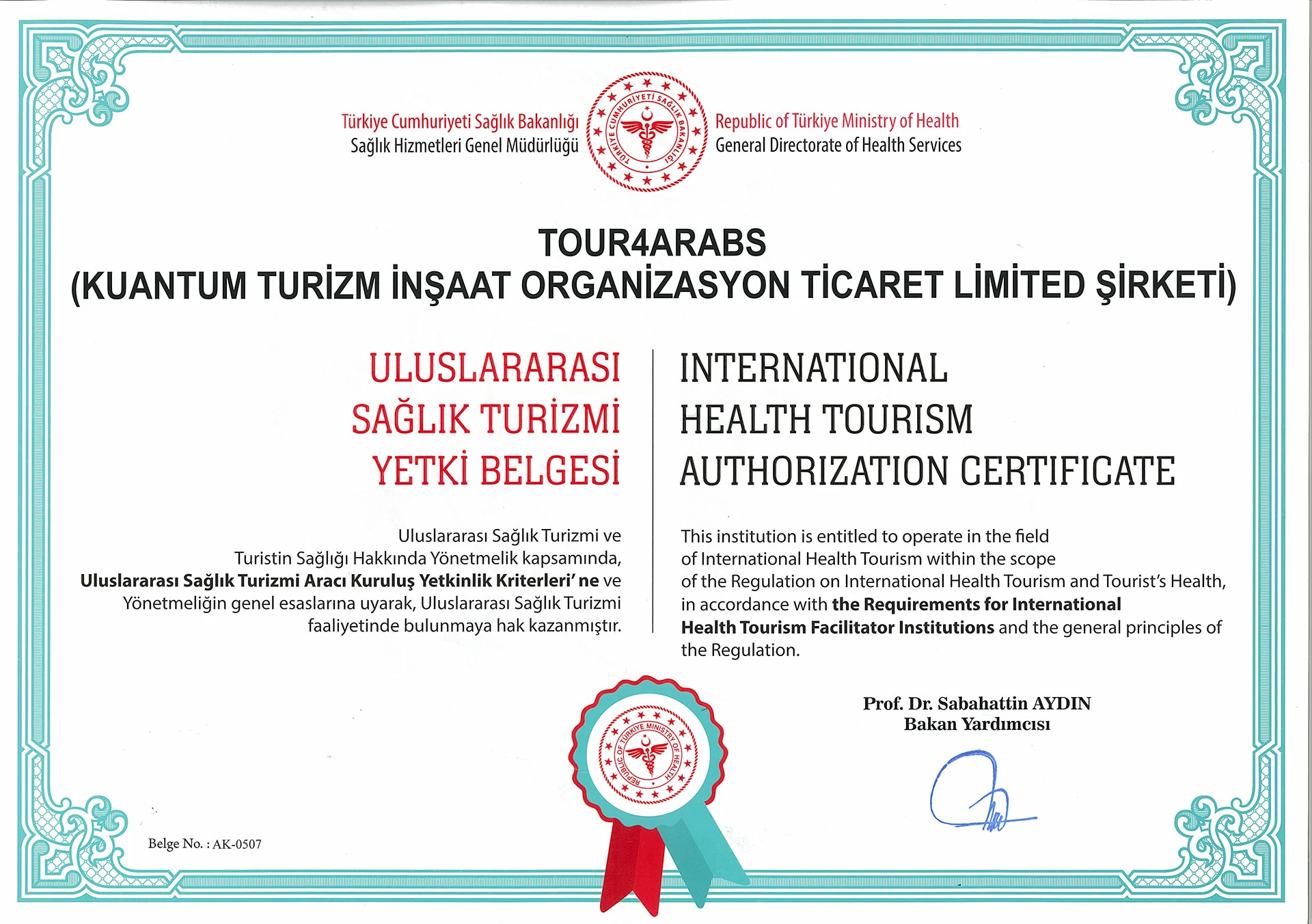Vitamin D
What is Vitamin D Deficiency?
In many studies conducted in the world and in our country, a serious low and low level of vitamin D has been measured. Vitamin D is carried by the blood to the intestines, bones and kidneys. It regulates the calcium and phosphate balance with its effects on the tissues. Vitamin D exerts its effect on VDR receptors in the body. VDR receptors, apart from classical targets (intestine, kidney and bone), hematopoietic and immune system related tissues, skeletal muscle, cardiac muscle, smooth muscle, brain, liver, breast, endothelium, skin, pituitary, pancreas, parathyroid, adrenal gland, thyroid, It also has an effect on the ovaries and testicles.
How is Vitamin D Deficiency Diagnosed?
In cases of vitamin D deficiency, slow growth, delayed walking, delayed teething, and more frequent infections are observed in infants and children. In adults, bone and muscle pain, weakness in activities such as walking and climbing stairs, and fatigue problems occur.
What Causes Vitamin D Deficiency?
Vitamin D deficiency can occur for many reasons. Some of these reasons are:
- Not getting enough sunlight can be the cause of vitamin D deficiency. However, all the vitamin D needed in the body can be met in the skin that is directly and sufficiently exposed to sunlight. However, most people don’t get enough sunlight because they spend a lot of time indoors or use too much sunscreen. Especially in the winter months, the amount of vitamin D to be taken from the sun decreases considerably.
- Not using vitamin D as a supplement is another cause of deficiency because it is very difficult to meet the amount the body needs with only dietary foods.
- Increased need in the body due to reasons such as pregnancy and obesity can trigger vitamin D deficiency.
- Some individuals are more prone to develop a deficiency. Those in the risk group for vitamin D deficiency:
- Individuals with dark skin tones. The darker your skin tone, the less vitamin D is produced in the body than lighter-skinned individuals who are exposed to the same amount of sunlight.
- People who spend most of their time indoors during the day. For example; hospital staff, night workers or those who cannot leave the house for various reasons
- People who keep their skin covered all the time.
For example;
- If you constantly use sunscreen or your skin is completely covered by clothing, you may be prone to developing a deficiency.
- People living in the north of America or Canada. This is because as you move away from the equator, sunlight reaches the earth for shorter periods of time.
- As the age progresses, the skin becomes thinner, so the production of vitamin D decreases. Therefore, elderly people are also in the risk group.
- Babies fed with breast milk and not given vitamin D supplements are also in the risk group. It carries a high risk if the baby or mother is not taking supplements.
- Pregnant
- Overweight individuals
Symptoms
Vitamin D deficiency affects every part of the body directly and indirectly. Vitamin D deficiency is revealed by blood analysis and manifests itself with various symptoms in the person. People with vitamin D deficiency should follow their symptoms carefully and have the necessary tests and examinations done.
Vitamin D deficiency usually manifests itself with the following symptoms:
- Constant heating and cold problem
- Slow weight loss or inability to lose weight while losing weight
- General tiredness and weakness
- Pain in the whole body or bones in certain areas
- Balance problem and loss of strength
- Frequent headache
- Depression
- ever-changing mood
- Nail and hair loss
- Pain in thin joints
- Sweating
- Bruising under the eyes
- Sleep problems
In cases of vitamin D deficiency, the above-mentioned problems are usually seen. When these problems begin to appear in the person, they should definitely consult a specialist.
People at Risk for Diseases Seen in Vitamin D Deficiency
- Fair skinned people
- Seniors
- Diabetes patients
- Those who work indoors and those who dress indoors
- Those who use high factor sunscreen
- Those with kidney and liver diseases
- Those with nutritional disorders
- Those who have stomach surgery
- Those who are in pregnancy and lactation period
- People using epilepsy medication
- Those who use cortisone
- Those with celiac disease
In Which Foods Is Vitamin D Found?
In order not to experience vitamin deficiency in the months or regions with low sun, it is necessary to add foods containing vitamin D to the diet and diet.
Vitamin D includes the following foods:
- Fish varieties rich in oil (salmon, mackerel, tuna, sardines)
- Milk and milk products
- Egg
- Natural juices such as orange juice
- Chicken livers
- Fish oil
- Grain products
- Clover
- Dead nettle
- Parsley
What are the Treatment Methods for Vitamin D Deficiency?
Treatment can be by injection of vitamin D or orally. The most appropriate treatment option and dose will be determined by your doctor according to your condition, age and severity of your deficiency.
Injections may be a more suitable option for individuals who do not like or forget to take medication every day. A single dose of drug injection can meet the need for 6 months.
In oral treatments, the drug should be taken daily, weekly or monthly for a long time. It is recommended that a vitamin D supplement be taken with a meal containing fat. Studies show that there is an average of 32% more absorption when taken with a fat-containing meal, when taken on an empty stomach.
The amount of vitamin D needed to treat the deficiency varies depending on the severity of the deficiency and the individual health risks.
The aim of the treatment is to bring vitamin D stores to the safe range and to prevent falls.



